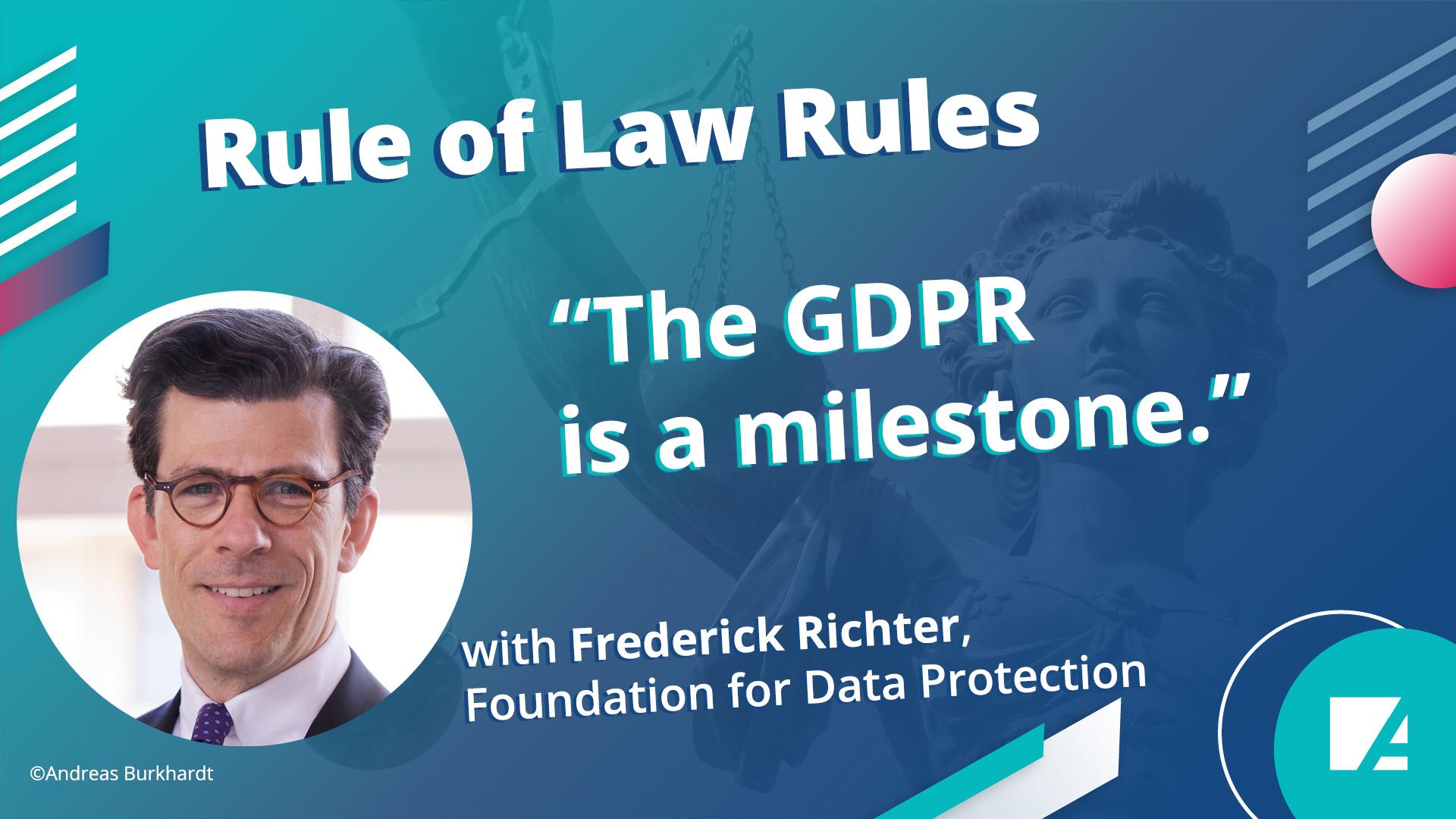REVISITING THE PATH OF LEBANON OVER THE PAST 100 YEARS - Rechtsstaatsprogramm Naher Osten und Nordafrika
While Lebanon is often considered a model of plural democracy in the Middle East assuring equal political representation in a multi-ethnic and pluri-religious society through its confessional framework, others argue that the consociational arrangements have led to institutional instability, clientelism, and state frailty.
In this light, the Rule of Law Programme Middle East and North Africa in cooperation with the Notre Dame University-Louaize initiated in November 2017 a series of roundtables on key aspects in Lebanon’s constitutional history and state building. In the course of one year and four roundtables, legal scholars and representatives of governmental institutions were brought together to exchange their expertise, and to revisit and evaluate the achievements and challenges of the past 100 years in Lebanon.
The idea of revisiting the path of Lebanon over the past 100 years has resulted in the publication of this book. We wish to thank the Notre Dame University-Louiaze, and especially the authors Dany Ghsoub, Elie El Hindi, Chady Al Hajal, Georges Sharaf as well as all those who shared their expertise and experience for their inspiring input and their willingness and commitment in producing this book.
Today, a hundred years after the proclamation of the State of Greater Lebanon, the country is going through an unprecedented economic and sociopolitical crisis. As a result, more and more voices are calling for a new social contract in Lebanon. It is our hope that this publication will stir more discussions and provide a vital contribution to much needed structural reforms in Lebanon.





